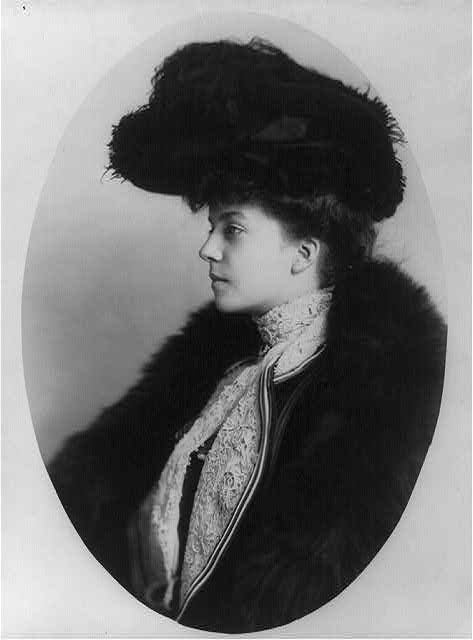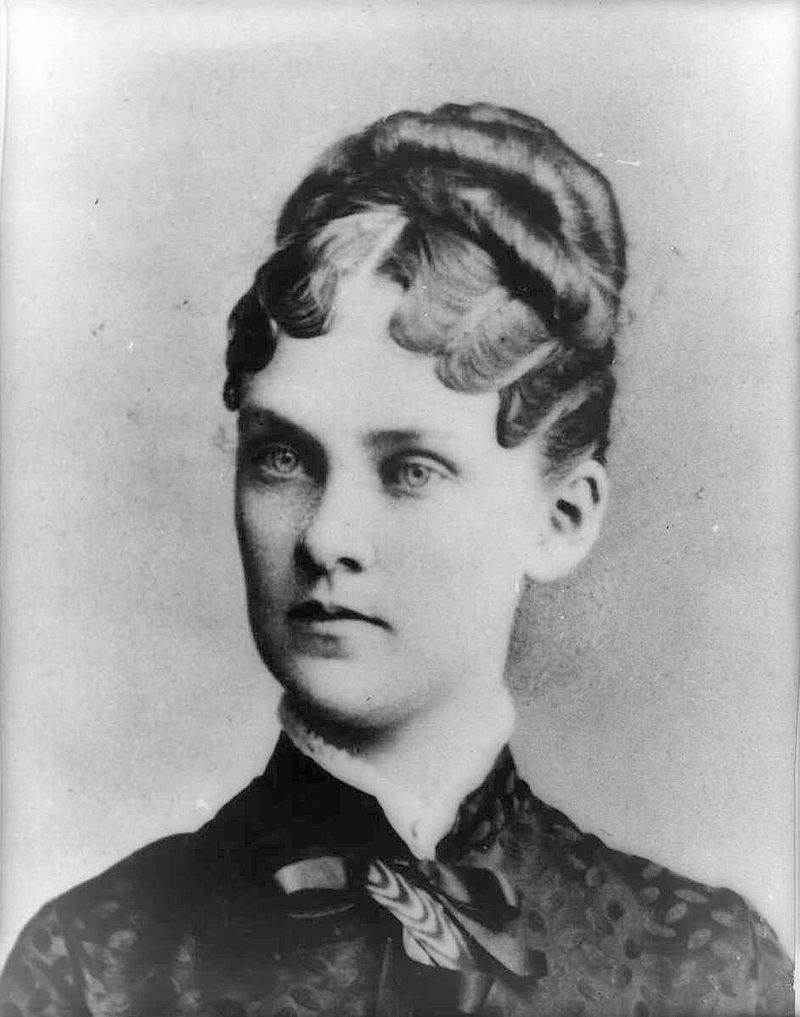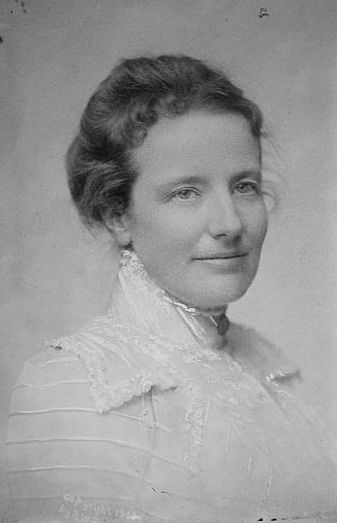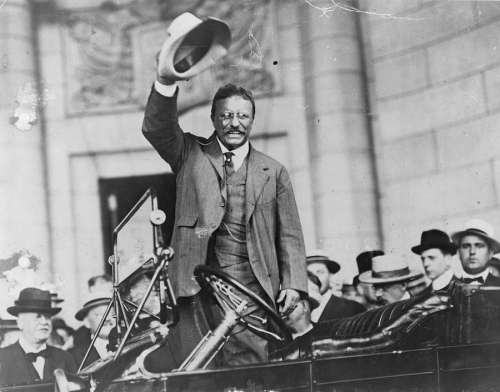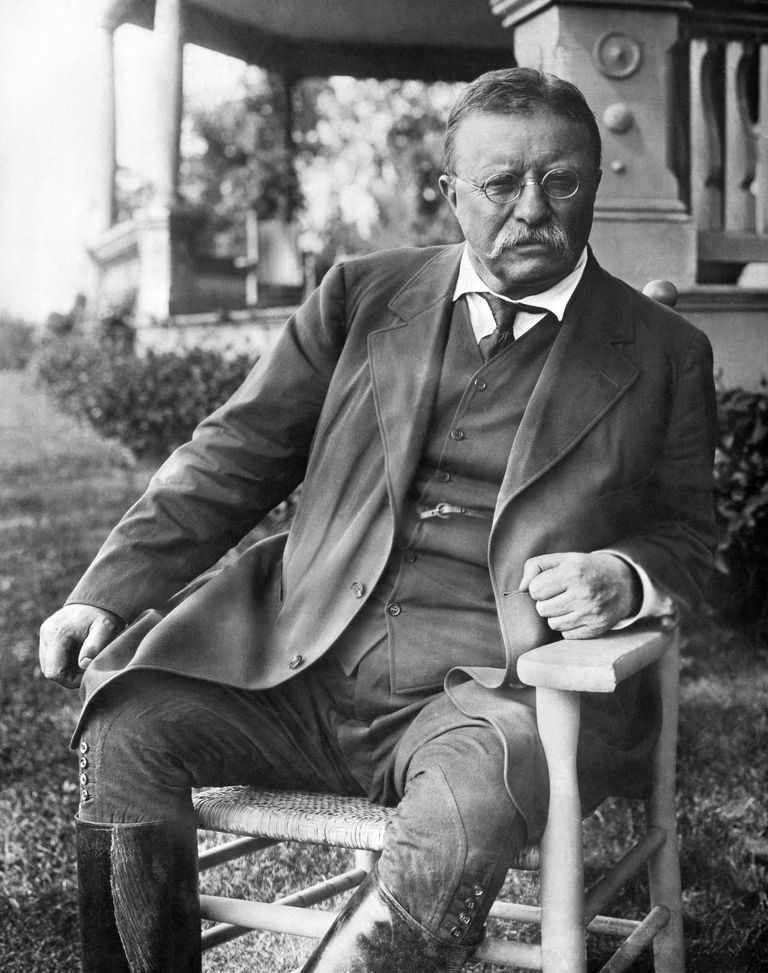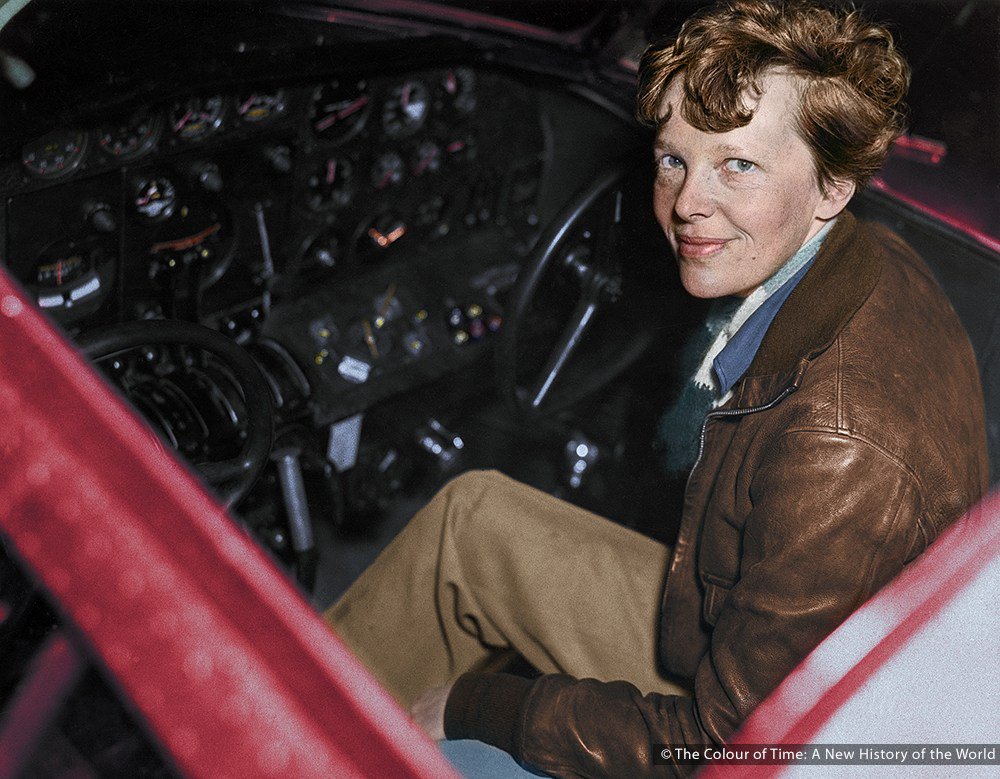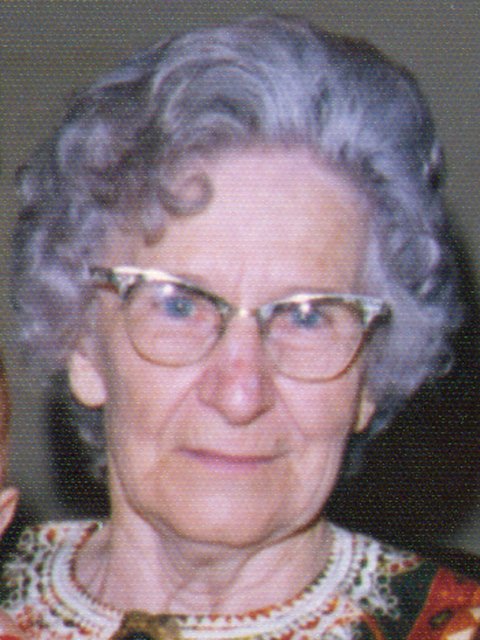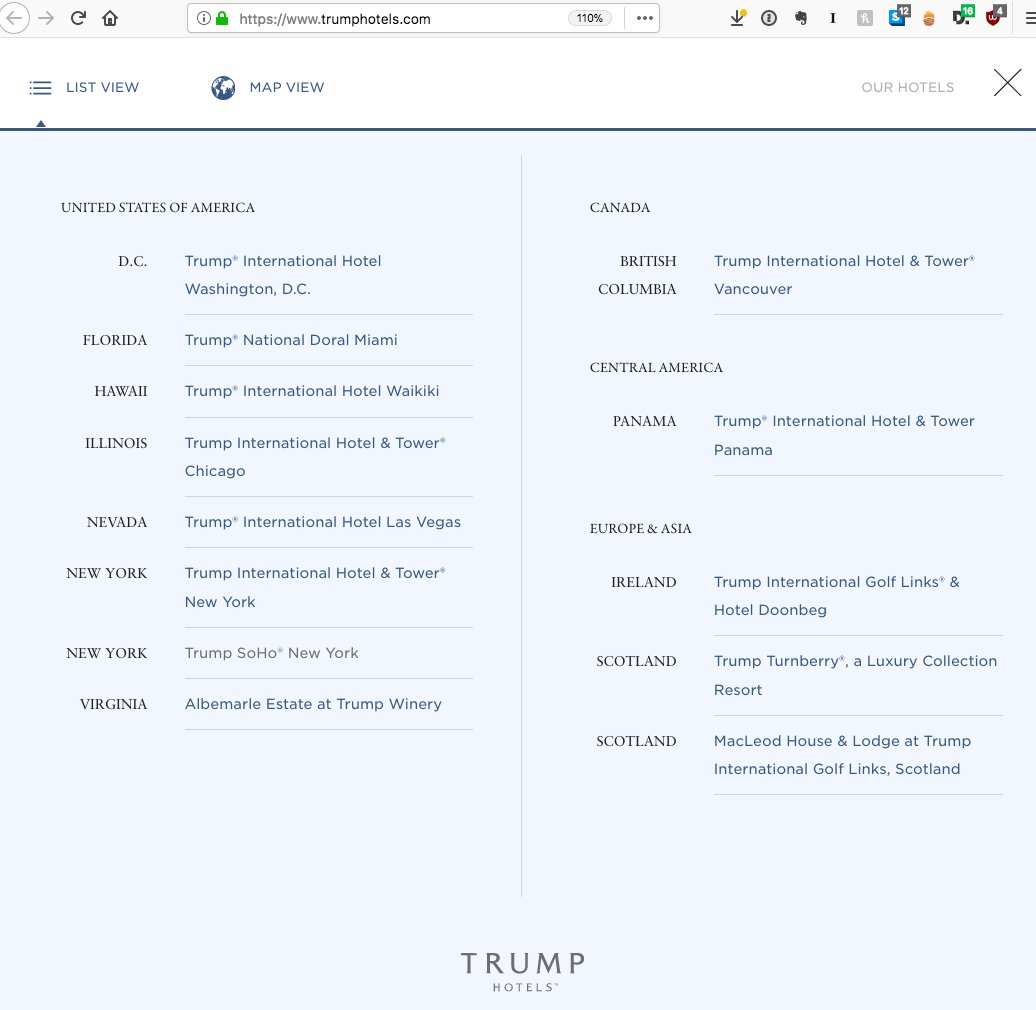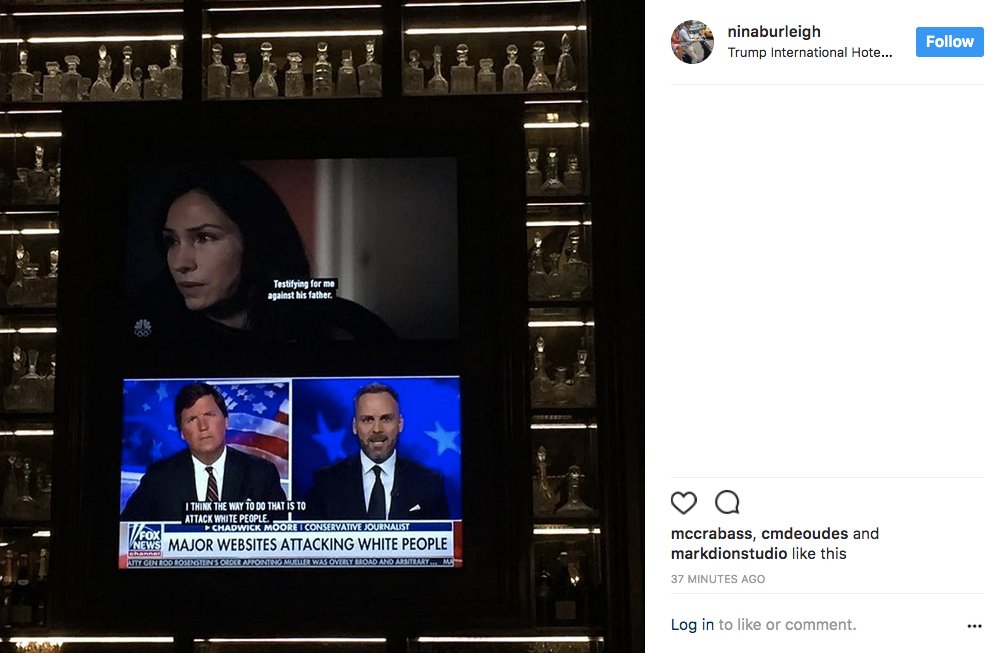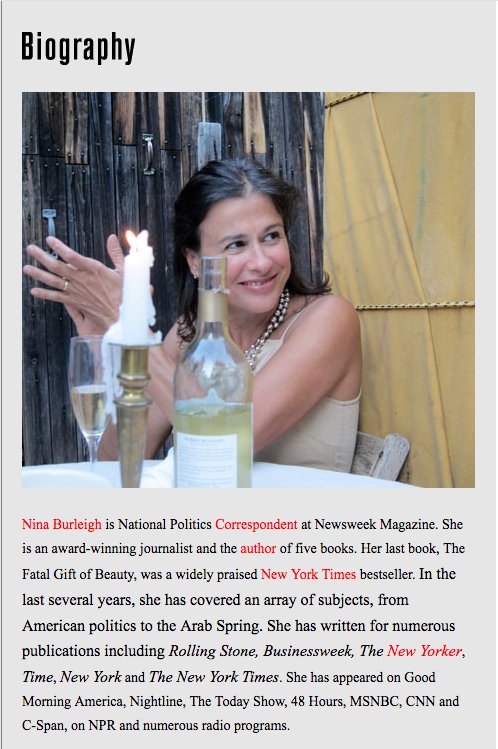While at Harvard, Roosevelt began a systematic study of the role played by the young United States Navy in the War of 1812.
Fearing that his political career might never recover, he turned his attention to writing The Winning of the West, a historical work tracking the westward movement of Americans.
In polls of historians and political scientists, Roosevelt is generally ranked as one of the five best presidents.
Roosevelt's last words were "Please put out that light, James" to his family servant James Amos.








